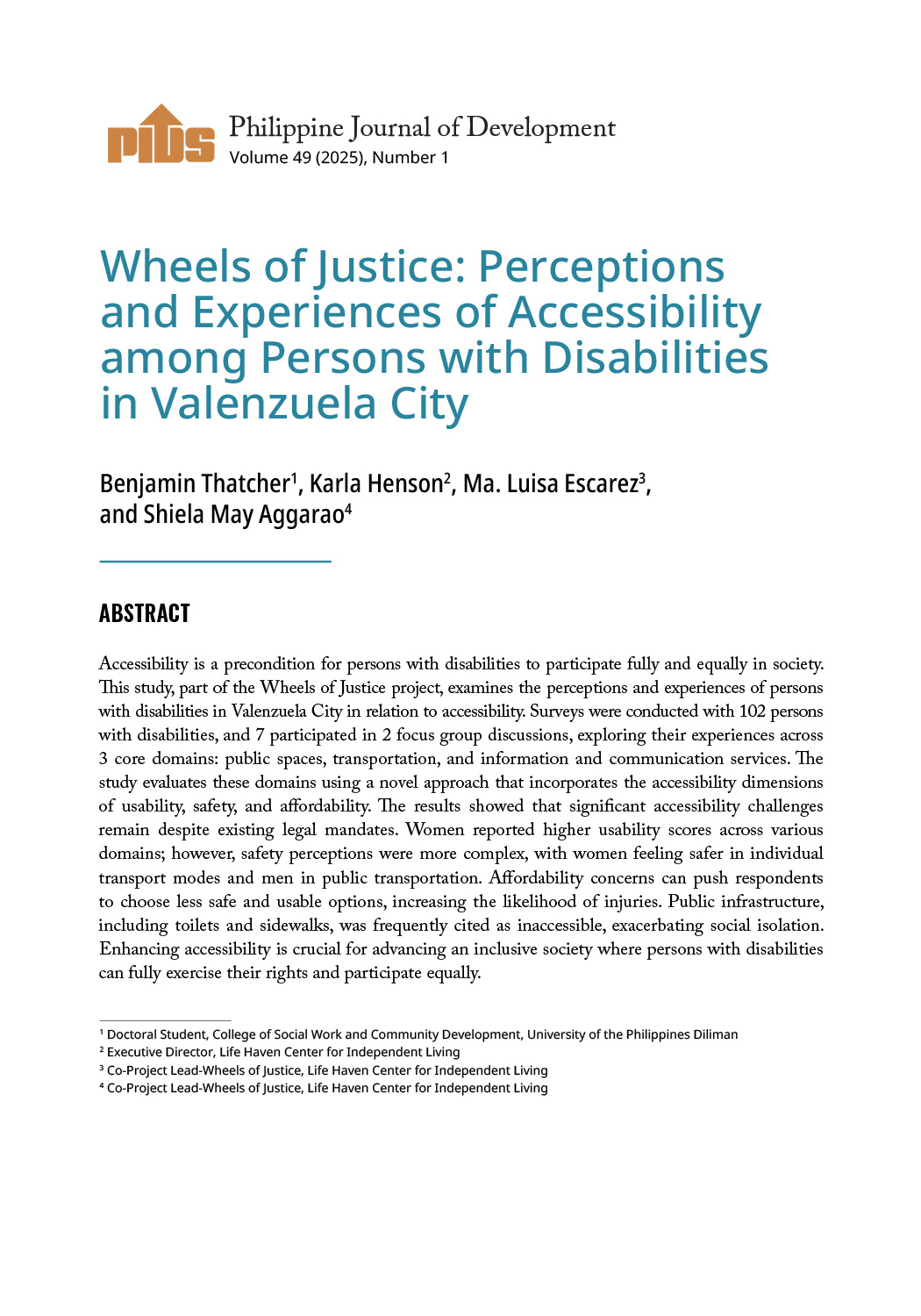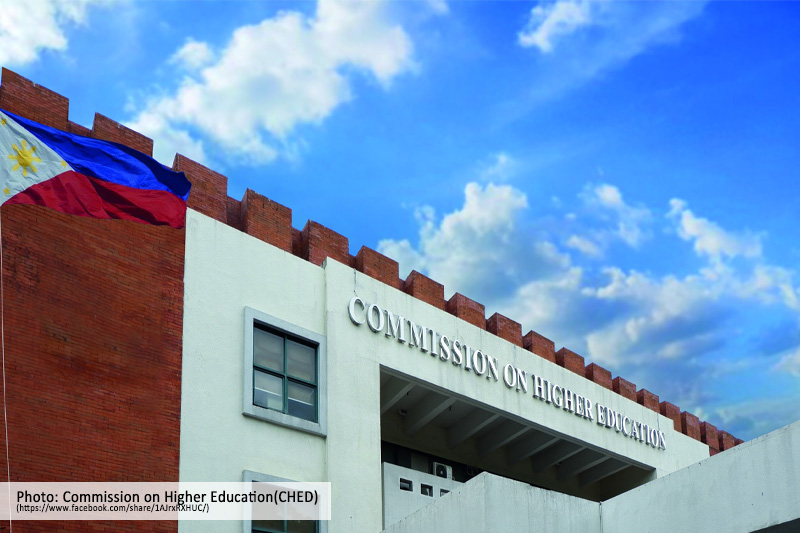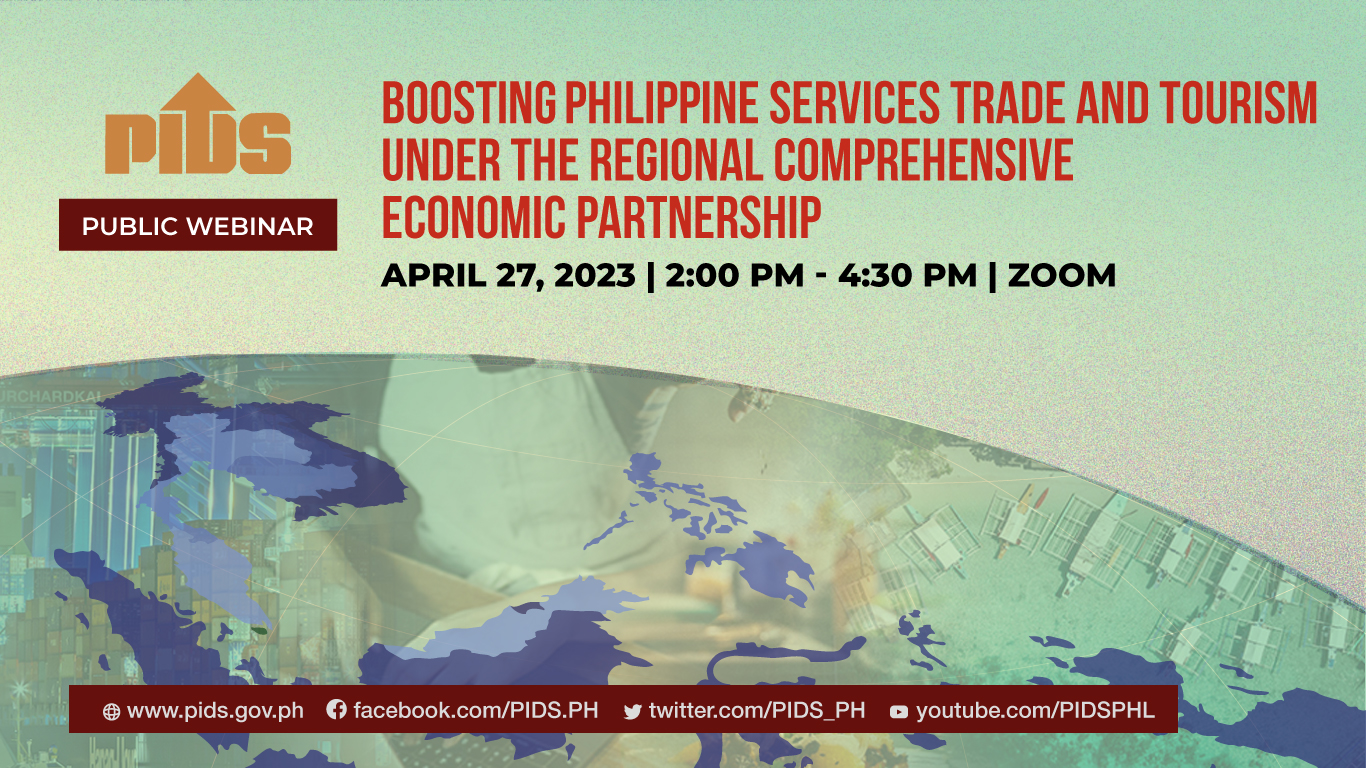
The solid contributions of services to economic output, employment, investments, and government revenues underscore the critical importance of the sector to Philippine economy. Research by the Philippine Institute for Development Studies (PIDS) has shown that services continue to be the fastest-growing areas of the economy. Business process management is acknowledged as a driving force for economic growth and employment. Tourism is also considered a powerful driver for growth, infrastructure modernization, local development, and employment generation, as highlighted in the Philippine Development Plan 2011-2016. Services now account for 57 percent of total gross value added. In terms of employment, half of all workers are in the services sector. Retail accounts for most workers in services at 42 percent of the total. From 2008 to 2011, sanitation; recreational, cultural, and sporting activities; and insurance posted the highest average annual growth rates in labor productivity. All of these reflect the potential of the Philippines to become a hub for services trade in the Asia-Pacific region.
A key challenge for the country is the creation of an environment conducive to competitive services. The country has a restrictive policy environment affecting financial services, telecommunications, retail, transport, and professional services. In their study of maritime transport services, PIDS president Gilberto Llanto and senior research fellow Adoracion Navarro underscore the perennial inefficiencies in the maritime industry due to the present cabotage law that allows only domestic shipping lines to serve domestic routes. The lack of competition discourages shipowners to modernize their fleet and operations and charge lower fees, resulting in high cost of transporting raw materials, finished products, and agricultural goods for producers and manufacturers, and passengers to various destinations. The World Bank’s latest service trade restrictiveness index indicates that the Philippines has one of the most restrictive policy environments in services and among the service sectors included in the index, the country is most restrictive in the area of professional services. Anticompetitive business practices also weaken the efficient supply of services.
PIDS research consultant Dr. Ramonette Serafica recommends a comprehensive Philippine services strategy that will maximize the potential of the services sector to achieve inclusive growth, wherein anyone who has the right skills can land a job and become productive and everyone has access to quality, efficient, and inexpensive services. Her research highlights the country’s comparative advantages in its pool of skilled, semiskilled, and low-skilled workers. Serafica notes that the competitiveness of the Philippine services sectors in the domestic and export markets can be improved by removing discriminatory measures, creating a procompetition environment, crafting a government policy on human capital development, and encouraging innovation through more investments in research and development and providing incentives and support mechanisms.
In support of the country’s bid to achieve inclusive growth through the development of the service sectors, PIDS, in partnership with the Department of Foreign Affairs and with support from the United States Agency for International Development and the International Trade Centre (ITC), co-organized the “National Workshop on Services: Advancing Philippine Services Sectors in the Asia-Pacific region and the 21st Century Global Economy” on June 2–4. The workshop brought together experts from local and multinational institutions, government agencies, the academe, and industry practitioners to discuss the latest international developments and opportunities in services trade and how the Philippines can maximize the sector’s potential in the global economy. The final day of the workshop saw the reactivation and formalization of the Philippine Services Coalition (PSC), a multisectoral body composed of representative institutions/agencies from the government, private sector, and academe/research. The PSC will take the lead in the development and promotion of the Philippine services sector through collaborative research, sector analysis, and advocacy. PIDS was designated to represent the academe. ITC committed to provide technical support and other assistance to the Coalition.
The 2014 national workshop and PIDS’ membership in the PSC were not the first time that the Institute promoted the services sector. In September 2005, the Institute conducted a two-day seminar titled “Services industry: growth driver for economic competitiveness”, with support from the German Technical Cooperation (GTZ). The seminar was the highlight of the 2005 Development Policy Research Month that had the same theme. The presentations were disseminated in a volume, The Global Challenge in Services Trade: a Look at Philippine Competitiveness, edited by Dr. Gloria Pasadilla, then a PIDS senior research fellow, and published by PIDS and GTZ.
To know more about PIDS research in the services sector, visit the SocioEconomic Research Portal of the Philippines. Simply type “services”, “services trade”, and related terms in the Search box.
Formulating the Philippine Services Strategy for Inclusive Growth
Services: Today's Most Prolific Industry
The Global Challenge in Services Trade: a Look at Philippine Competitiveness
Can the services sector be an engine of economic growth for the Philippines?
Challenges in Health Services Trade: Philippine Case
Financial Liberalization: Managing Risks and Opportunities
Issues and Prospects on the Movement of Natural Persons and Human Capital Development in the Philippine-American Economic Relations
Toward Relaxing the Cabotage Restrictions in Maritime Transport
How Should We Move Forward in Customs Brokerage and Facilitation?
A key challenge for the country is the creation of an environment conducive to competitive services. The country has a restrictive policy environment affecting financial services, telecommunications, retail, transport, and professional services. In their study of maritime transport services, PIDS president Gilberto Llanto and senior research fellow Adoracion Navarro underscore the perennial inefficiencies in the maritime industry due to the present cabotage law that allows only domestic shipping lines to serve domestic routes. The lack of competition discourages shipowners to modernize their fleet and operations and charge lower fees, resulting in high cost of transporting raw materials, finished products, and agricultural goods for producers and manufacturers, and passengers to various destinations. The World Bank’s latest service trade restrictiveness index indicates that the Philippines has one of the most restrictive policy environments in services and among the service sectors included in the index, the country is most restrictive in the area of professional services. Anticompetitive business practices also weaken the efficient supply of services.
PIDS research consultant Dr. Ramonette Serafica recommends a comprehensive Philippine services strategy that will maximize the potential of the services sector to achieve inclusive growth, wherein anyone who has the right skills can land a job and become productive and everyone has access to quality, efficient, and inexpensive services. Her research highlights the country’s comparative advantages in its pool of skilled, semiskilled, and low-skilled workers. Serafica notes that the competitiveness of the Philippine services sectors in the domestic and export markets can be improved by removing discriminatory measures, creating a procompetition environment, crafting a government policy on human capital development, and encouraging innovation through more investments in research and development and providing incentives and support mechanisms.
In support of the country’s bid to achieve inclusive growth through the development of the service sectors, PIDS, in partnership with the Department of Foreign Affairs and with support from the United States Agency for International Development and the International Trade Centre (ITC), co-organized the “National Workshop on Services: Advancing Philippine Services Sectors in the Asia-Pacific region and the 21st Century Global Economy” on June 2–4. The workshop brought together experts from local and multinational institutions, government agencies, the academe, and industry practitioners to discuss the latest international developments and opportunities in services trade and how the Philippines can maximize the sector’s potential in the global economy. The final day of the workshop saw the reactivation and formalization of the Philippine Services Coalition (PSC), a multisectoral body composed of representative institutions/agencies from the government, private sector, and academe/research. The PSC will take the lead in the development and promotion of the Philippine services sector through collaborative research, sector analysis, and advocacy. PIDS was designated to represent the academe. ITC committed to provide technical support and other assistance to the Coalition.
The 2014 national workshop and PIDS’ membership in the PSC were not the first time that the Institute promoted the services sector. In September 2005, the Institute conducted a two-day seminar titled “Services industry: growth driver for economic competitiveness”, with support from the German Technical Cooperation (GTZ). The seminar was the highlight of the 2005 Development Policy Research Month that had the same theme. The presentations were disseminated in a volume, The Global Challenge in Services Trade: a Look at Philippine Competitiveness, edited by Dr. Gloria Pasadilla, then a PIDS senior research fellow, and published by PIDS and GTZ.
To know more about PIDS research in the services sector, visit the SocioEconomic Research Portal of the Philippines. Simply type “services”, “services trade”, and related terms in the Search box.
Formulating the Philippine Services Strategy for Inclusive Growth
Services: Today's Most Prolific Industry
The Global Challenge in Services Trade: a Look at Philippine Competitiveness
Can the services sector be an engine of economic growth for the Philippines?
Challenges in Health Services Trade: Philippine Case
Financial Liberalization: Managing Risks and Opportunities
Issues and Prospects on the Movement of Natural Persons and Human Capital Development in the Philippine-American Economic Relations
Toward Relaxing the Cabotage Restrictions in Maritime Transport
How Should We Move Forward in Customs Brokerage and Facilitation?












